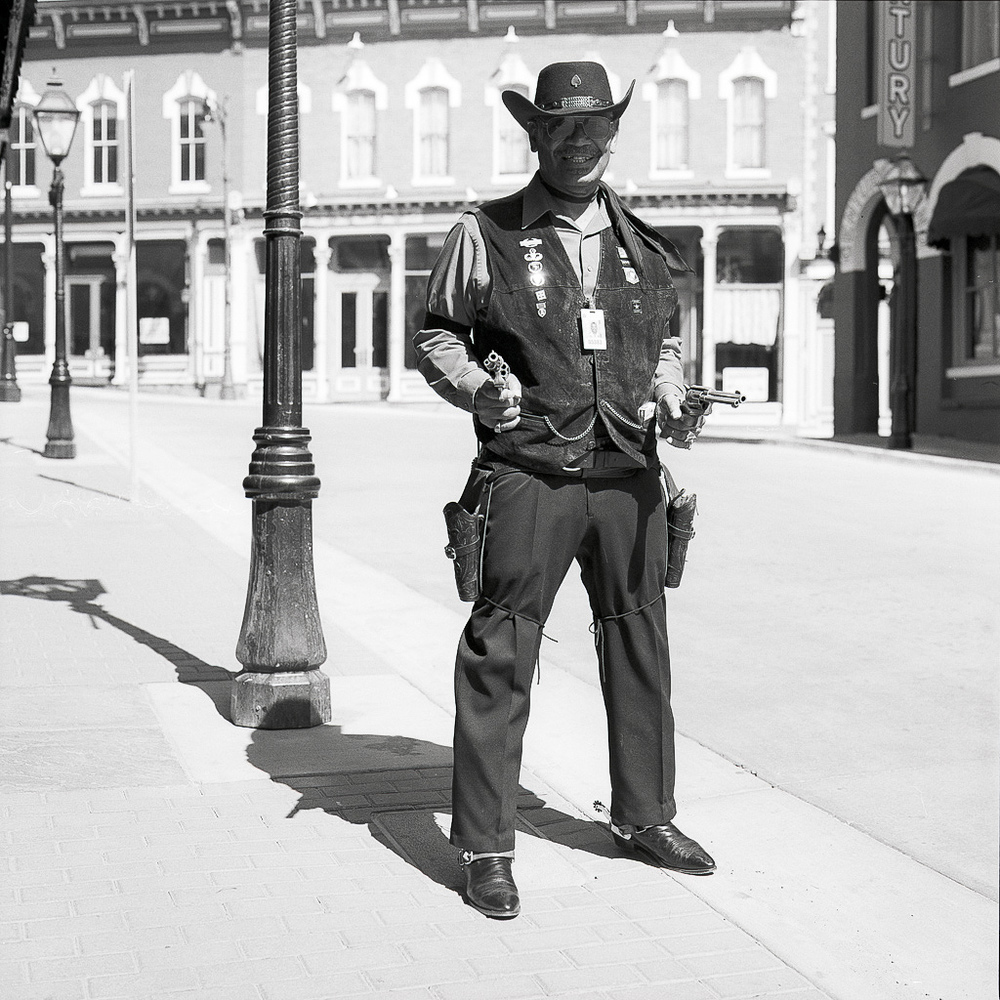
Every job in the public sector requires a job description and a person specification. Many of them, it appears, hark back to a time before social media existed and when we still used fax machines.
Job descriptions. You can’t live with them, you can’t live without them.
They quite regularly fail to portray the real flavour of what we do these days. In a fast-changing world they are, to a degree, quite flawed as a concept but we still need them in local government, not least to determine what salaries we get paid for our roles.
So what does a Head of Comms job description and person spec look like in 2013?
This was a question posed by the excellent Ben Proctor (who is Head of Comms at Herefordshire County Council) at the recent unconference for comms people, commscamp.
With the help of around 25 attending colleagues from across central and local government we were able to crowd-source part of the answer to Ben’s question.
Here’s what was generated from a room full of commscampers – a Head of Comms now needs to be a:
-- Leader (of the inspiring type)
- Coach and mentor
-- Story-teller
-- Enabler
-- Trainer and developer
-- Data intelligence monitor
-- Listener
-- Educator
-- Talent spotter
-- Wheeler-dealer
-- Comms specialist
-- Knowledge bank
-- Negotiator
-- Influencer
That's a pretty good summary. I would add my own requirements to this list, which would include:
-- Gate-opener (not keeper)
-- Diplomat
-- Someone who says ‘Yes’ more often than they used to
- - Someone who knows when it is right to say ‘No’
- - Someone who puts residents and customers at the heart of things
- Someone who can operate with £zero marketing budget (if it hasn’t already, it’s coming to a town hall near you soon)
- Someone who knows which are the right battles to fight – some are still worth fighting, others are frankly irrelevant today
-- Someone who know a little bit about lots
-- Someone who knows a lot about a lot
- A creative thinker
Of course, you have to be politically astute. And have the experience or ability to read a situation quickly, anticipate in a heartbeat how it will likely play out and posses the skills to conduct a rapid mental risk assessment when put on the spot with an issue. Regularly.
So add the words psychic and risk manager to the JD list.
For me, the biggest single challenge for any current (or future) Head of Comms is the ability to retain a strategic vision and voice (whilst resources disappear around you) and at the same time learn new, hands-on skills that will keep you relevant and employable in the future.
You can be completely consumed in the day-to-day ‘side wash’ that flows in and out of our teams so it’s a tricky juggling act at times (cue circus-style background music) But, for certain, you need to be good at all of the above and absolutely up to speed with digital strategy, for example. You can no longer get away with saying that you "don’t do social media". Whilst it may not be your thing on a personal level, you absolutely need to know your social media onions when advising on where it should support wider comms planning and delivery.
But is there even a role for Heads of Comms in the future, with further and significant budget pressures lined up across most of the public sector? It’s a fair question and I fear there will be a lot fewer of us two years from now.
Any organisation which doesn’t have somebody fairly senior delivering all of the things on the list above will end up in a poorer place at a yet to be defined point in the future.
As with all lists, this one above only gives a flavour of the requirement. I’m unsure how HR colleagues would score it. But it feels a lot closer to the real thing than many JDs I have seen knocking around.
Darren Caveney is creator and owner of comms2point0 and Creative Communicators Ltd
*Sign up for the comms2point0 eMag*
The comms2point0 eMag features exclusive new content, free give-aways, special offers, first dibs on new events and much, much more.
Sound good? Join over 2.7k other comms people who have subscribed. You can sign up to it right here.
